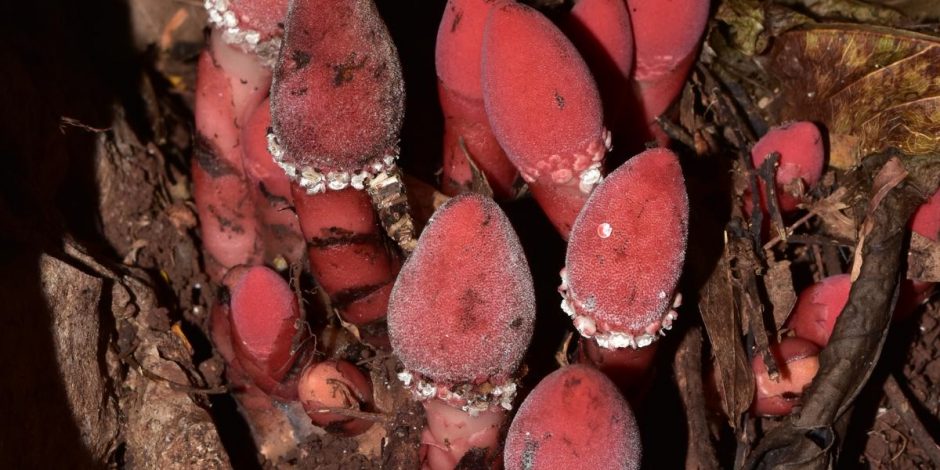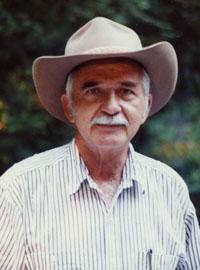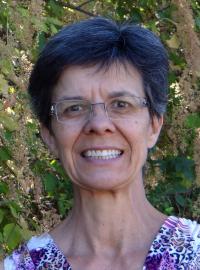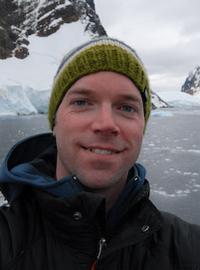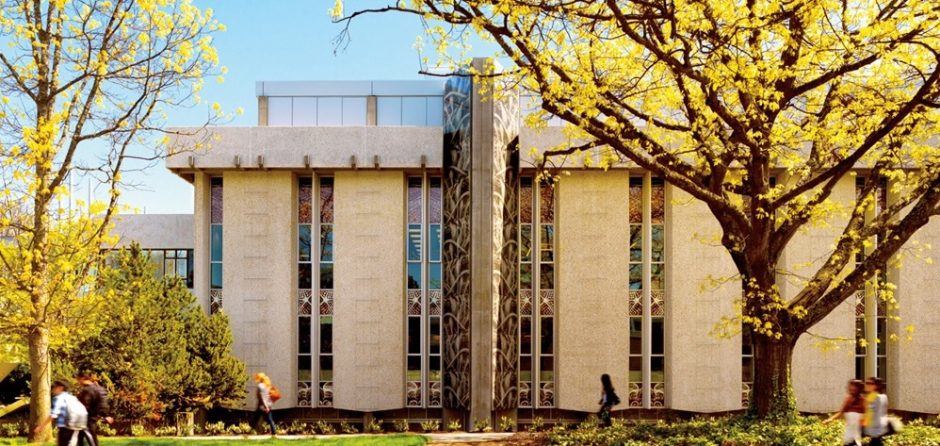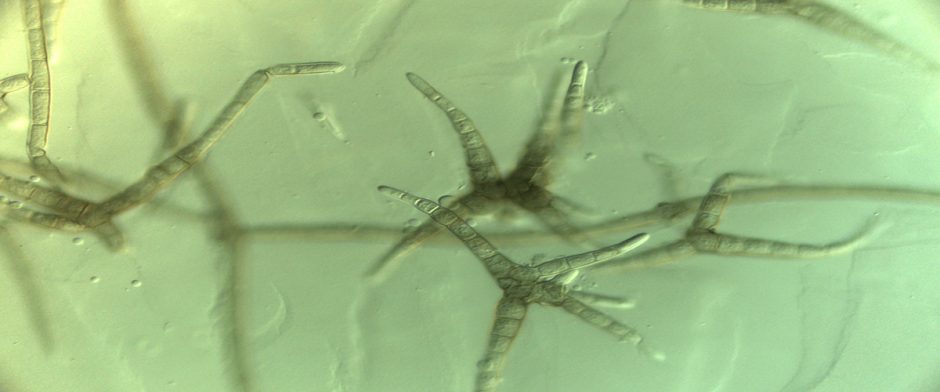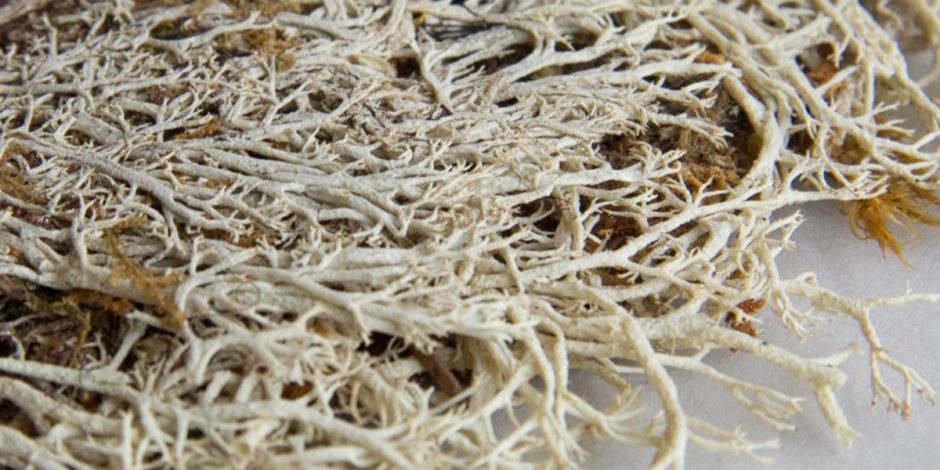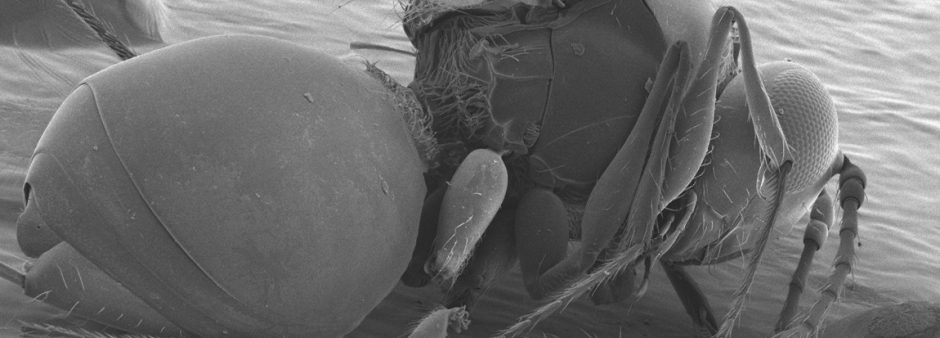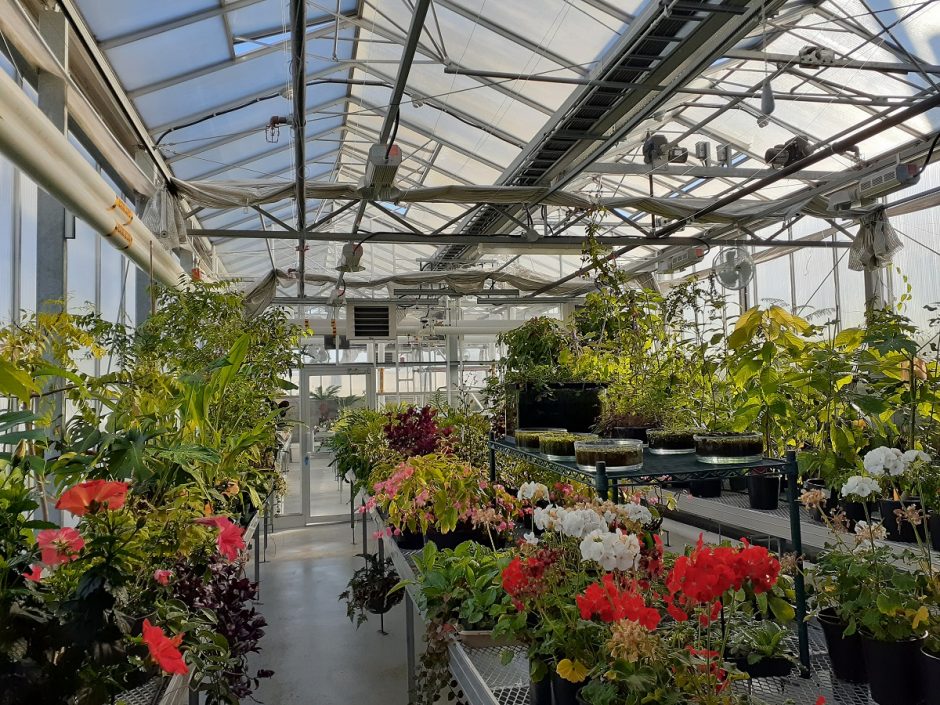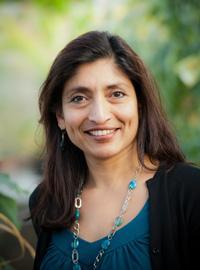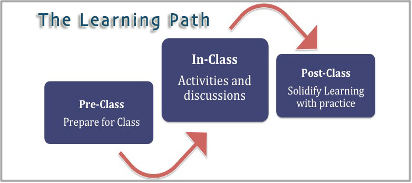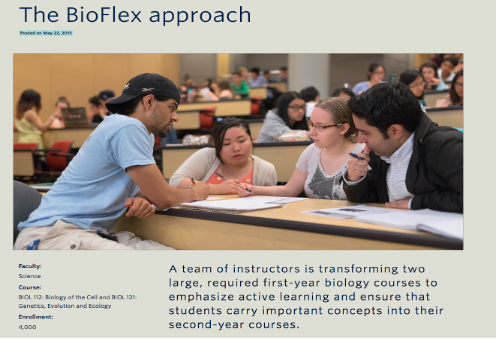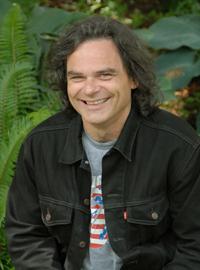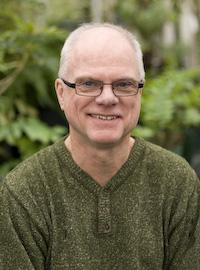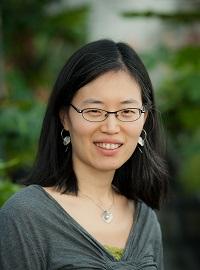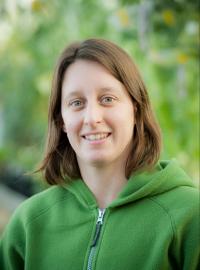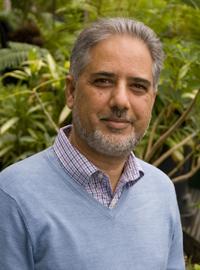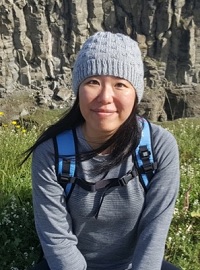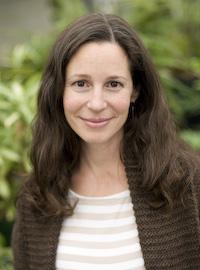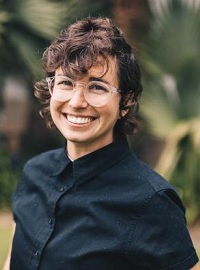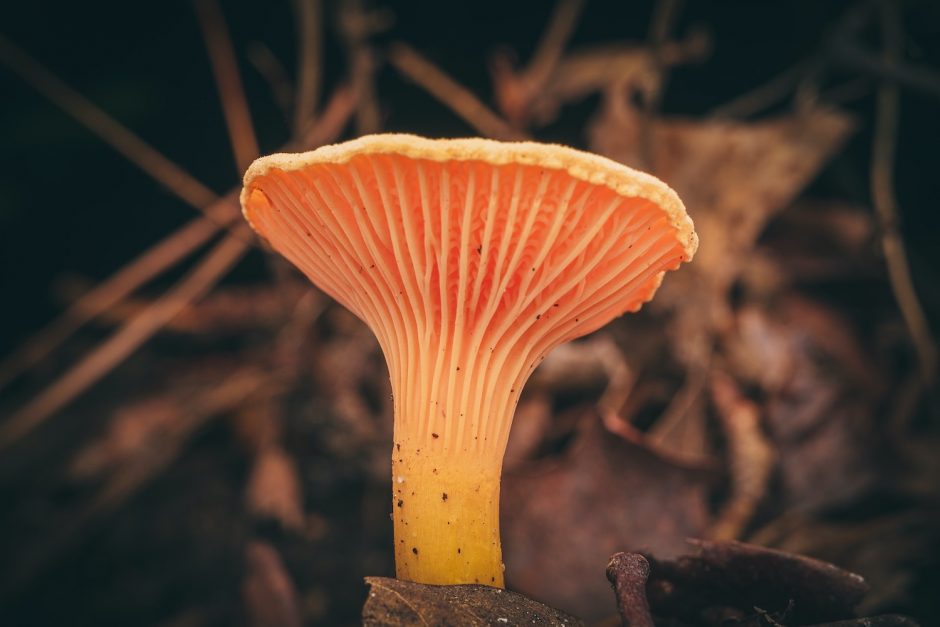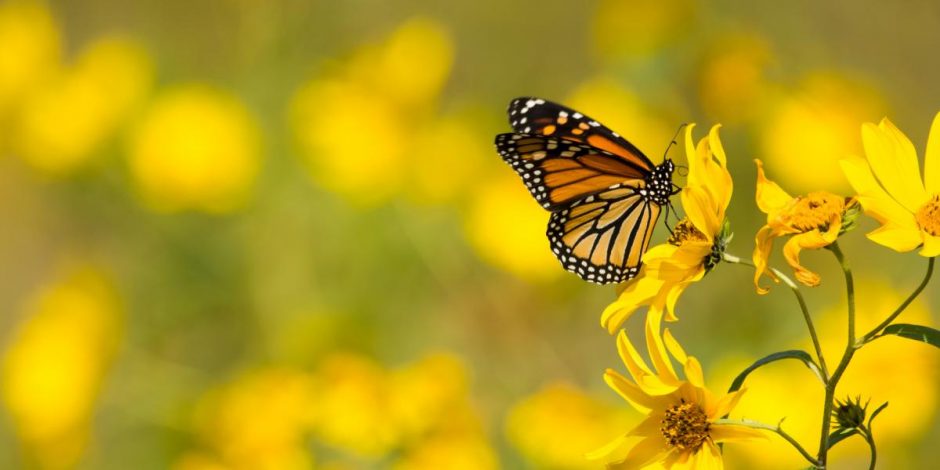
A new grassroots effort—announced this month in Trends in Ecology and Evolution—is calling for a reevaluation of some terminology used in ecology and evolutionary biology (EEB) to make it more inclusive and precise.
The initiative, the EEB Language Project was launched by like-minded scientists across the United States and Canada, including three University of British Columbia researchers—Dr. Kaitlyn Gaynor, Dr. Alex Moore and Dr. Danielle Ignace.
“The project started as a Twitter conversation among a few people discussing potentially harmful terminology,” says Dr. Gaynor, an author on the paper who studies the impact of human activity on biodiversity.
“It was important for us to think through one tractable approach that people can take in their work at an individual level—and at varying scales within the discipline—to make thoughtful choices moving forward.”
“We reached out to different networks in ecology and evolution that were focused on increasing inclusion and equity in the field to rally support for one very specific action—revising terminology that might be harmful to certain people, particularly those from groups historically and currently excluded from science.”
The EEB Language Project will provide resources and support action to reconsider harmful terminology at the levels of individuals, institutions and broader scientific communities. This crowdsourced effort includes a repository of words that are identified by community members as harmful, with suggested alternatives, which is meant to serve as a starting point for dialogue.
Haley Branch, a PhD candidate with UBC Botany, published a complementary paper in the American Naturalist in July outlining the roots of ableism in evolutionary research and how it limits the potential of the field.
“While some of it’s about language, the bigger picture is looking at the conceptualization of our field,” says Branch. “What kinds of questions are being missed because of the narrow breadth of the field? It’s a call to broaden our understanding of the natural world and look at what kinds of questions we’ll be asking in the future.”
Terms like “fitness” are not only harmful to some people—in an ableist context—but also vague.
“The definition is about reproductive output, which doesn’t take into account individuals that don’t produce offspring,” says Branch. “Often researchers aren’t even measuring the number of offspring. They’re looking at proxies of fitness instead, which becomes very convoluted.”
Other words like “optimization” can be misleading as it perpetuates the idea that a species is evolving towards a defined permanent optimum, when there is no true species-wide optimization. Optimum phenotypes fluctuate over time and in different environments.
Both the EEB Language Project members and Haley’s research group are quick to point out that the use of harmful language isn’t usually intentional—what is harmful to one person may not be perceived as problematic to another, and inadvertent harm can arise as a result of the inherent complexities and historical legacies of language.
Ecology and evolutionary biology both have histories rooted in eugenics, ableism and racism—beliefs that fed into harmful practices across North America and Europe and unfortunately still influence the fields today. Part of this legacy is imbedded in the disciplinary terms we use on a daily basis.
“There have been many large conversations around inclusion in the fields, and often there are no clear steps that people can take,” says Dr. Moore. “It was important for us to think through one tractable approach that people can take in their work at an individual level—and at varying scales within the discipline—to make thoughtful choices moving forward.”
“The EEB Language Project will be a living document, as particular words that are harmful and their alternatives can change over time,” says Dr. Ignace. “People can submit their suggestions online and have their voices heard. They can also get more involved as an individual, as an institution, or at the community level. The hope is that this grassroots effort brings people together.”







